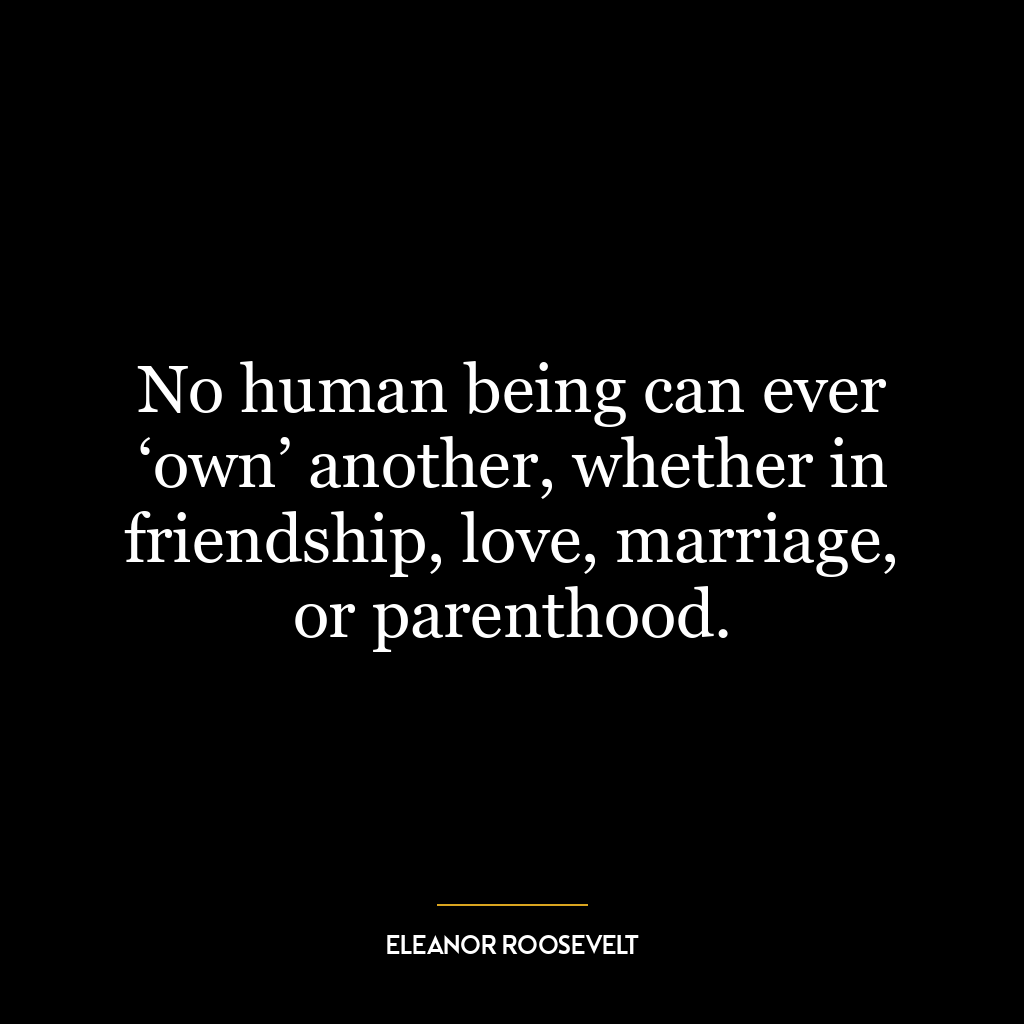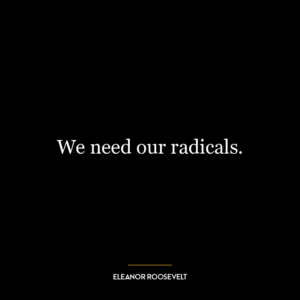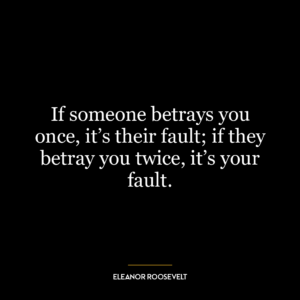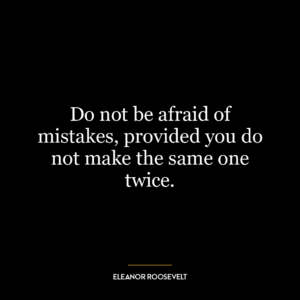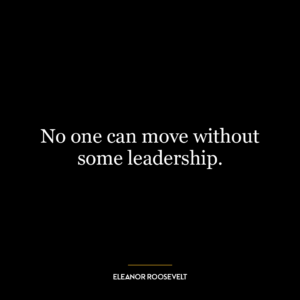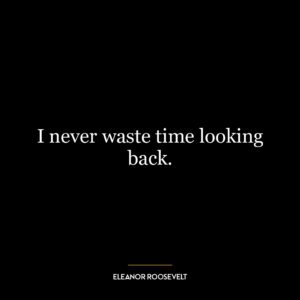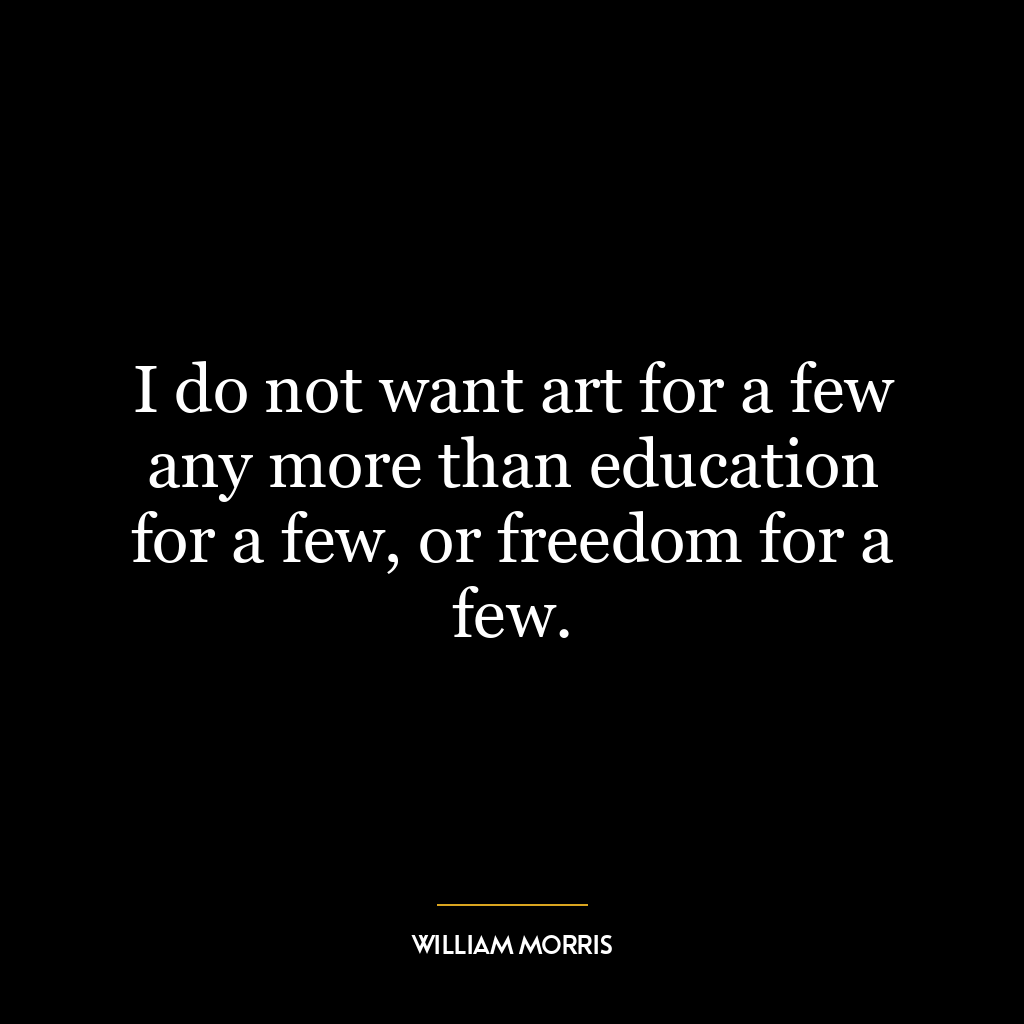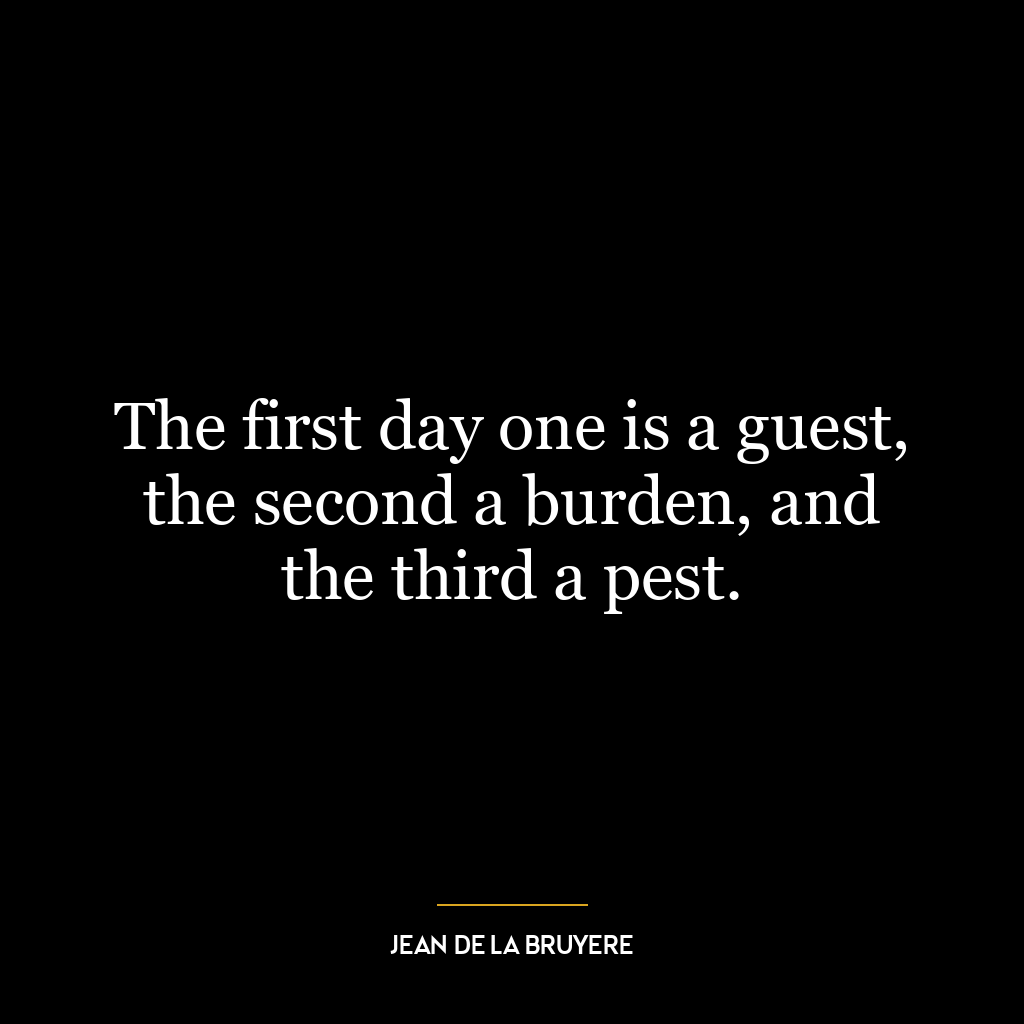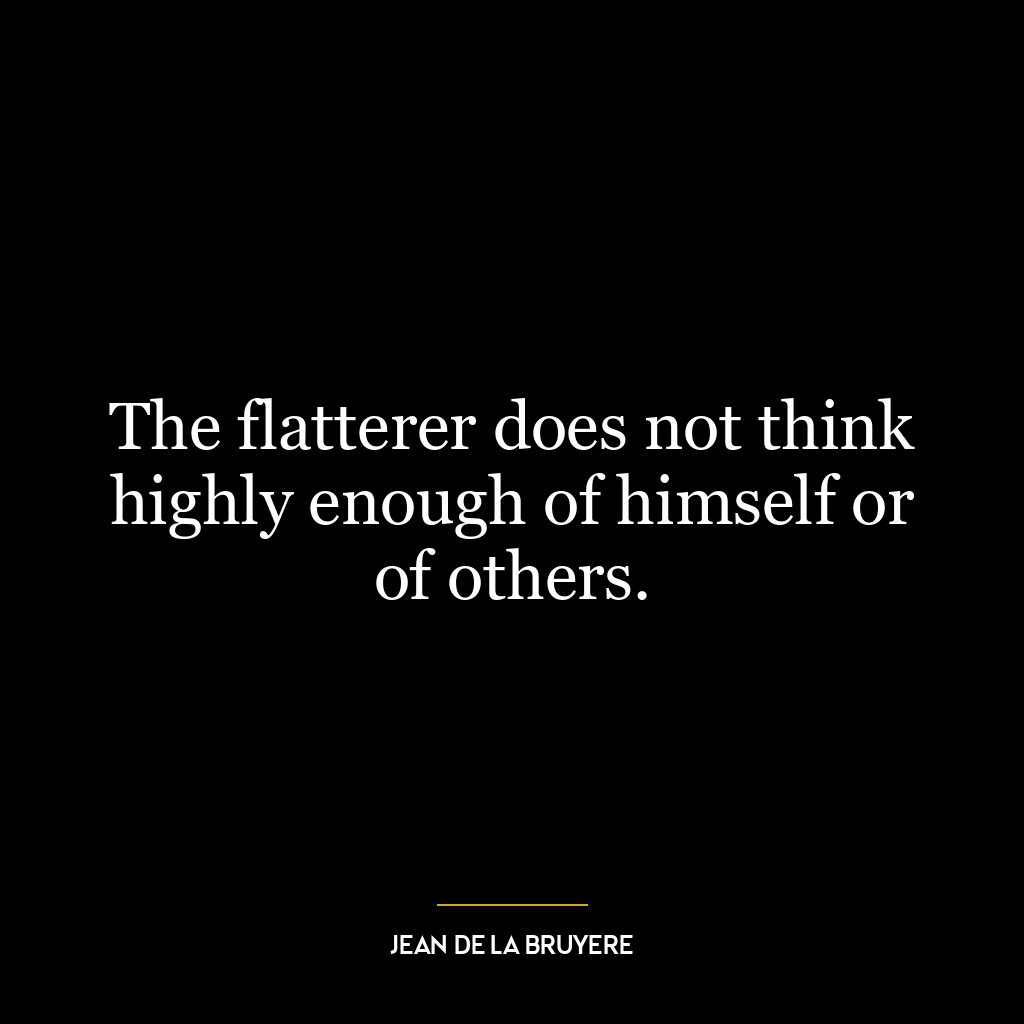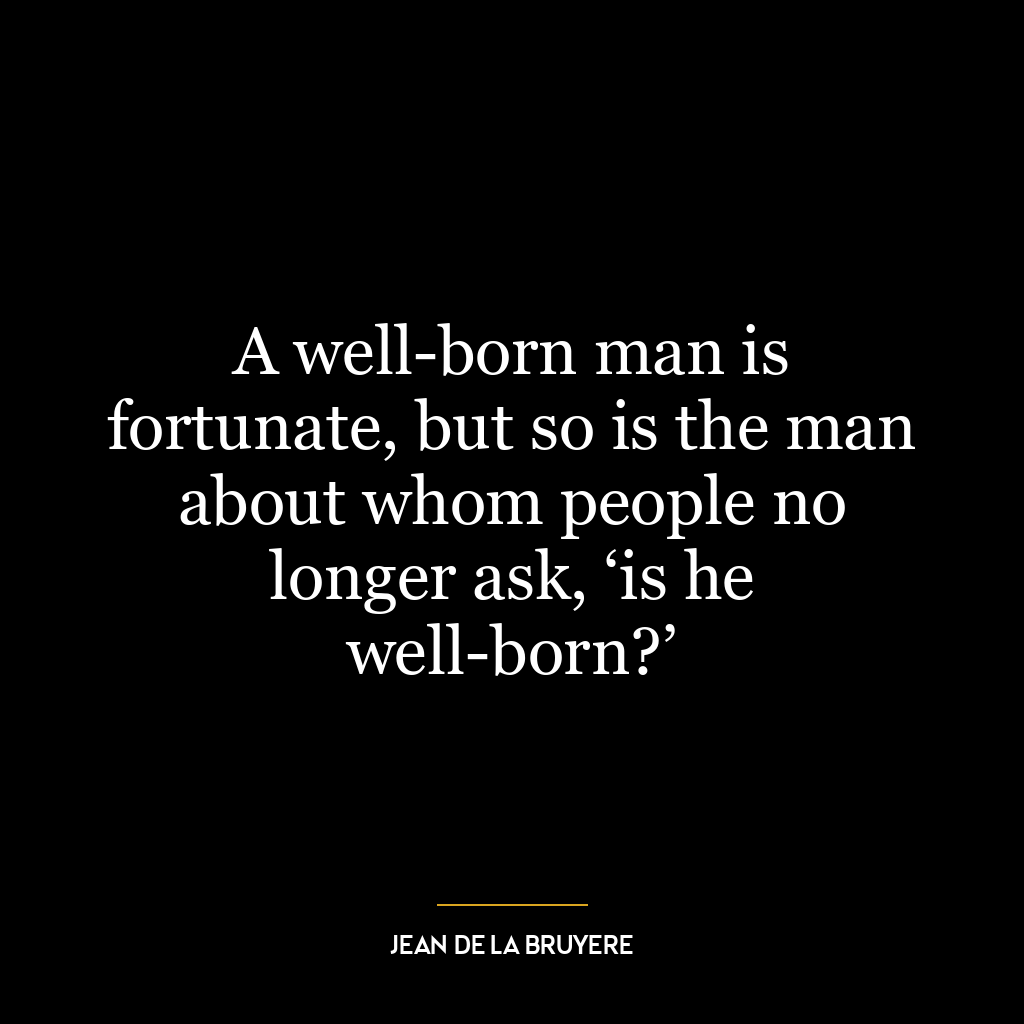No human being can ever ‘own’ another, whether in friendship, love, marriage, or parenthood.
This quote underscores the fundamental idea of individual autonomy and freedom. It suggests that no matter how close the bond or relationship, one person cannot ‘own’ another in any capacity. This is because every human being has their own unique identity, thoughts, feelings, and experiences that cannot be controlled or possessed by someone else. The term ‘own’ in this context, implies control, possession, or dominance, which is fundamentally inconsistent with the idea of personal freedom and individuality.
In a deeper sense, it emphasizes the importance of mutual respect and equality in all relationships. Whether it’s friendship, love, marriage, or parenthood, these relationships should be based on mutual understanding, respect, and freedom. Each person in the relationship should have the space to grow, express, and be themselves without feeling controlled or dominated by the other.
Applying this in today’s world or personal development, it encourages us to foster healthier relationships. It teaches us to respect each other’s individuality and personal space, even in the closest of relationships. It also prompts us to reflect on our relationships and ensure that they are free from any form of control or dominance.
In personal development, understanding this concept can lead to better self-awareness and growth. It can help individuals set boundaries, respect others’ boundaries, and build healthier, more respectful relationships. It can also discourage codependency in relationships, promoting independence and personal growth.
Moreover, in a broader societal context, this quote can be seen as a critique of societal norms that encourage dominance or control in relationships. It serves as a reminder that every human being deserves respect and freedom, regardless of the nature of their relationship with others.

